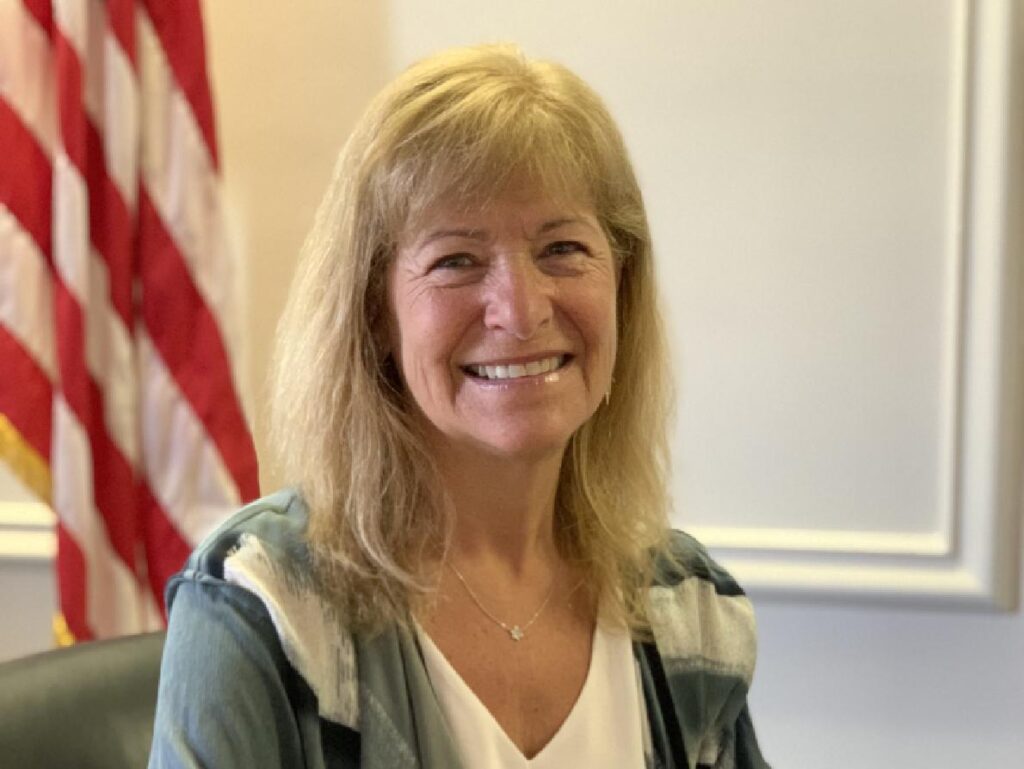Original article by Jonah Meadows, Patch Staff

Detailed Summary of the Highland Park Referendum Debate
In Highland Park, Illinois, a non-binding referendum asked voters whether liquor license holders should be allowed to serve as elected city officials. The referendum, initiated by citizens, received overwhelming support in the November 5 election, with approximately 82% of voters in favor. Despite this clear outcome, the Highland Park City Council, led by Mayor Nancy Rotering, decided against taking action to amend the city’s liquor code, opting instead to address the issue as part of its 2025 work plan.
The debate originates from a prior controversy where former Councilmember Jeff Hoobler, co-owner of Ravinia Brewing Company and the top vote-getter in the 2023 councilmanic election, was forced to resign his seat due to the city’s prohibition on elected officials holding liquor licenses.
Councilmembers Annette Lidawer and Andres Tapia advocated for revisiting the liquor code immediately, arguing that the existing liquor law was discriminatory toward any liquor license holder in prohibiting their participation in local government. When the Council was gridlocked, a public advisory referendum to change the law ensued.
Highland Parkers voted overwhelmingly to change the law reflecting a clear mandate from residents. Lidawer and Tapia emphasized that delaying action dishonored the democratic process again and that the amendment was ready for review and would incur no additional costs. However, Mayor Rotering and other councilmembers resisted.
Public reaction at a subsequent City Council meeting was overwhelmingly critical of the delay. Several residents accused the council of dismissing voter sentiment and perpetuating a lack of trust in local leadership. Critics, including business owner Faye Rosenberg and longtime resident Peter Sereda, described the council’s inaction as disrespectful and damaging to the city’s reputation.
The issue is set against the backdrop of the upcoming April 2025 municipal elections, which will decide four council seats. The referendum’s outcome and the council’s response are expected to play a significant role in shaping the political landscape, with voters and candidates likely to revisit the matter as a focal point of debate.
The controversy highlights ongoing tensions between the will of the electorate and some elected officials, raising questions about how local officials balance public input with their responsibilities to deliberate carefully.